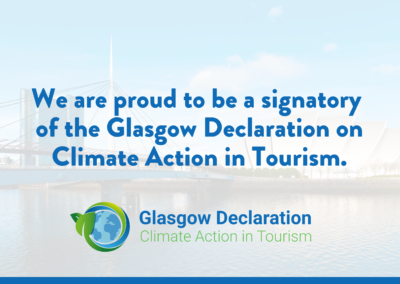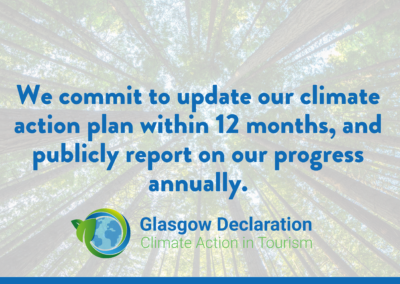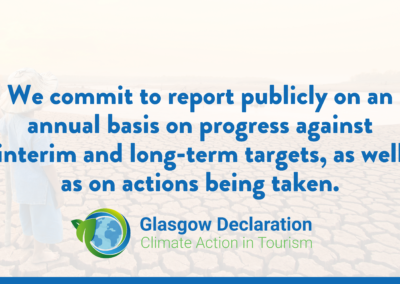Pilgrims welcome!
Walking for a greener future!
St. Olav Waterway wishes to welcome all pilgrims regardless of motive, background, or beliefs. We hope all pilgrims who walk on our trails will have a positive experience and will also leave positive effects in their footsteps.
St. Olav was the one of the last saints of the united church and a saint who is common for both the orthodox church and the churches of the Nordic countries. He also had a wish to unite the people of Norway and it is this vision of bringing people together that inspires us.
St. Olav Waterway is a pilgrim path which joins Finland to Sweden over the Finnish archipelago and Åland Islands. In Sweden pilgrims can continue on St. Olav Ways to Trondheim in Norway. The path is part of a long-term vision to connect Trondheim with Novgorod, where Olav Haraldson began his last journey towards Stiklestad in 1030.
How to be a responsible pilgrim
- A list of pilgrim services, stamps, and discounts is found here
- Buy local foods and support local artisan food producers
- Ask for pilgrim stamps for your passport and tell the places you visit you are walking the trail, this helps support new initiatives and services for pilgrims, walkers and cyclists.
- If you see litter, try not to be bothered by it but turn it into a good deed for the day and pick it up, in Sweden it’s called “plocking”, a word that combines jogging and picking litter for later disposal in a rubbish bin.
- When using the car ferries wait for the instructions of the crew to embark and disembark safely.
- It is not necessary to buy water in Finland, tap water is safe and many local people are happy to fill pilgrim’s bottles.
- Short showers or sauna, water is in short supply in the archipelago, especially during summers because of the lack of rainfall.
- Use the outdoor dry toilets, when possible, no they are not smelly when maintained properly. It is the traditional and ecological way to go.
- Wash yourself and dishes on the land as opposed to the sea.
- Sort rubbish for recycling, the cost of waste disposal is relatively high in the archipelago
- The majority language in Turku and Kaarina is Finnish, in the archipelago and Åland Islands the main language is Swedish. People are very proud of their own identity and language group.
Getting here and preparing
- Use public transport when arriving, are there sea or train connections that you can use instead of flying? When flying chose direct flights as they are less polluting and use buses and trains to reach these airports instead of private car.
- The archipelago and Åland Islands have a relatively good bus service where you can also shorten some of the longer stages or progress your pilgrimage towards the next island.
- Borrow or hire your hiking gear.
There are many clubs and companies that can rent or lend hiking gear. When buying you can choose brands that have high quality and sustainable and locally produced products. Here are a few examples of Finnish rental companies: - https://turunlatu.fi/yhdistys/valinevuokraus/
- https://retkirent.fi/
- https://www.katve.co/varusteet-ja-hinnat
- https://www.partioaitta.fi/365-klubi/vuokrauspalvelu/
- https://scandinavianoutdoor.fi/vuokraamo/
- https://www.liizi.fi/ulkoilu
The management of the trail
- Our signage, information signs and milestones, have all been sourced from local companies. The materials have been chosen due to their minimum usage of 10 years. The maps on the signs are designed to be readable for the colourblind.
- All official products and souvenirs are made by local artisans
- We have involved students, schools, and youth groups in the trail’s development. Children and young people have been involved in evaluating the path and the activities available for families and children. Young people from youth centres have designed and made much of the equipment that we use.
- We are signatories of the Glasgow Declaration on Climate Action in Tourism and active in Visit Finland’s Sustainable Travel Finland program.
- We aim to be as accessible as possible to all pilgrims.
- Route choice, when making new routes we endeavour to utilise existing routes or create new routes that will also benefit local recreation.
Live like a local
Everyman’s right also has responsibilities. Read more about your rights and responsibilities from Visit Finland and environment.fi.
Be respectful to the locals, if you are unsure of local customs, just ask, or call, visit or chat with the local tourist information points Visit Pargas or Visit Åland. There are many summer cottages and tourists in the summer which increases the summer population and brings a lively and sometimes busy atmosphere to the main islands. Links VP VÅ
Finns look shy and can be shy to talk English but almost everyone actually speaks at least three languages and will open up with a little encouragement. Learn the local ways. A wave and a smile can brighten someone’s day and perhaps open doors to some interesting meetings.
Sustainable
Many tourism companies in our area are part of Visit Finland’s Sustainable Travel Finland program or work towards sustainable goals. There are no international hotel chains in our area, the hotels and restaurants are locally owned and are an important part of the rural economy.
Cheap is not always best
Sustainability cannot always mean the cheapest services. Locally and ethically produced food and services means living wages for employees and important income for local family-owned companies. The money that pilgrims spend can have a big impact on the local economy, visitors interested in the local way of life and culture enriches the life of the area. You can read more about man and the environment on our UNESCO Archipelago Biosphere Reserve’s website.
Open to all pilgrims
We have a long-term plan to improve the provision of services for pilgrims, walkers and cyclists including more humble accommodation. The trail opened in 2019 and the epidemic has impacted visitor numbers and the development of informal services. We do not wish to be the new Camino, but wish to be a pilgrims’ path where locals and pilgrims meet, a place where you can find peace, excellent food, and comfy places to stay.
We want to be as accessible as possible to all pilgrims and aim to organise with our partners as least one group pilgrimage per year which uses more simple accommodation and food services. These pilgrimages normally have relatively short daily walking stages.
Our Facebook group is the place to exchange ideas and questions directly with other pilgrims and locals, here you can also find homestay offerings and people who are happy for you to camp in their garden. We do not monitor this group and all exchanges are the responsibility of those involved.
Be the change you wish to see!
Do you have tips and ideas that you would like to share? Has a pilgrimage impacted your life? Write to us or tag us on Instagram and Facebook #greenpilgrim #stolavwaterway @olavinreitti we’d love to share your ideas! olavinreitti@gmail.com
Glasgow Declaration on Climate Action in Tourism
St. Olav Waterway is proud to be a signatory of the Glasgow Declaration on Climate Action in Tourism. As a signatory of the Glasgow Declaration, we commit to deliver plans aligned with the pathways to cut tourism emissions in half over the next decade and reach Net Zero emissions as soon as possible before 2050.
We commit to:
- Support the global commitment to halve emissions by 2030 and reach Net Zero as soon as possible before 2050;
- Deliver climate action plans within 12 months from becoming a signatory (or updating existing plans), and begin implementing them;
- Align plans with the five pathways of the Declaration (Measure, Decarbonise, Regenerate, Collaborate, Finance) to accelerate and co-ordinate climate action in tourism;
- Report publicly on an annual basis on progress against interim and long-term targets, as well as on actions being taken;
- Work in a collaborative spirit, sharing good practices and solutions, and disseminating information to encourage additional organisations to become signatories and supporting one another to reach targets as quickly as possible




